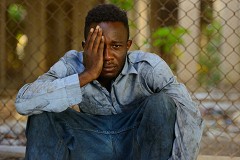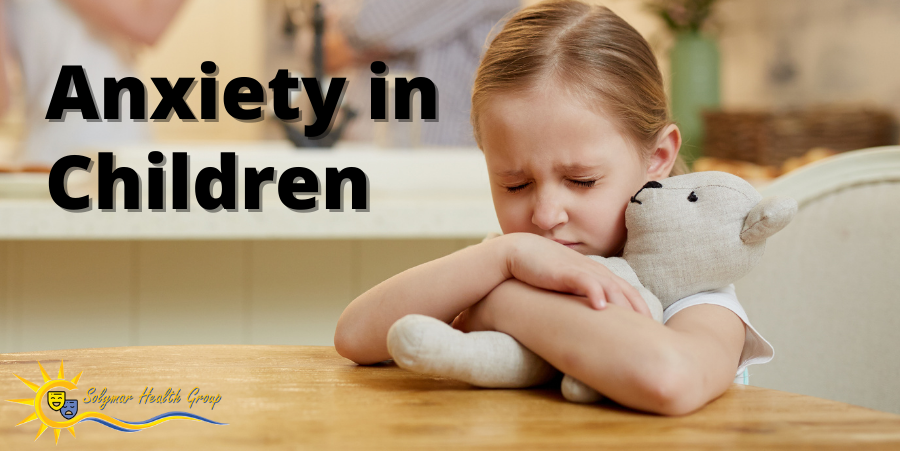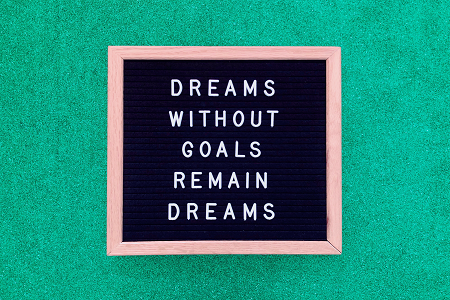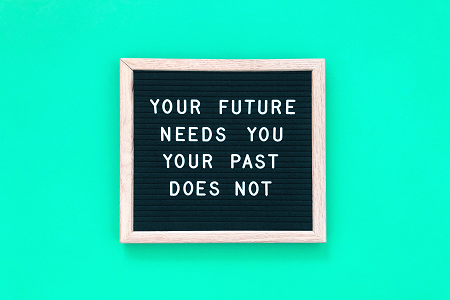What is Anxiety?
Anxiety disorders (aka Panic disorders or Generalized Anxiety Disorder) are a group of behavioral and mental health conditions characterized by persistent worry, fear, or anxiety. These anxiety disorders can affect children and adults of any age.

Anxiety can affect a person's day-to-day functioning and interfere with their ability to enjoy activities such as playing with their friends, sleeping, or participating in social activities. Children with anxiety disorders may feel unusually anxious and fidget with their hands or lips. In severe cases, it can interfere with sleep and affect their entire daily life.
What Causes Anxiety in Children?
The disorder often runs in families and may also run in families of children with autism. However, the exact cause of anxiety in children is unknown. Many factors may contribute to a child having an anxiety disorder. In fact, it is common for anxiety disorders to occur alongside other mental health problems, including depression, attention deficit disorder, or oppositional defiant disorder (ODD).
In addition, research shows a strong association between school-related stress and development of anxiety disorders.
What Are the Symptoms of Anxiety?

Symptoms of anxiety include:
- nervousness and irritability
- difficulty sleeping
- increased weight
- restlessness
- fatigue and difficulty concentrating
- difficulty controlling emotions, such as anger, fear, or anxiety
- feelings of being overwhelmed, such as feeling trapped or unable to function well
- loss of confidence

What Are the Types of Anxiety Disorders?
Anxiety disorders include specific types of anxiety, such as separation anxiety, social phobia, and generalized anxiety disorder.
Anxiety disorders are also classified by type of response to the anxiety. For example, with social phobia, a person feels anxious or nervous in social situations or even alone. Some people may avoid social situations because of these feelings.
Another type of anxiety disorder involves excessive worry or fear.
Treatment for Anxiety
The first line of defense to manage anxiety in both children and adults is Cognitive Behavioural Therapy (CBT). It is a scientifically proven to help you manage the symptoms of anxiety.







